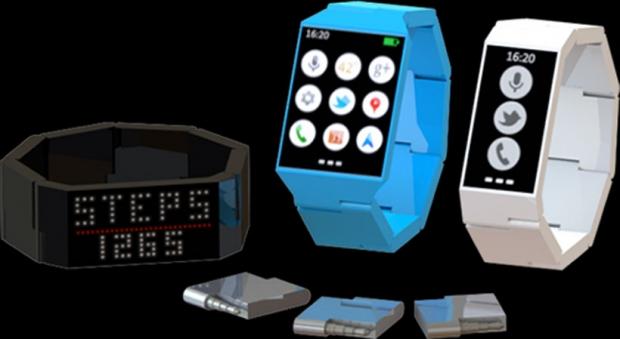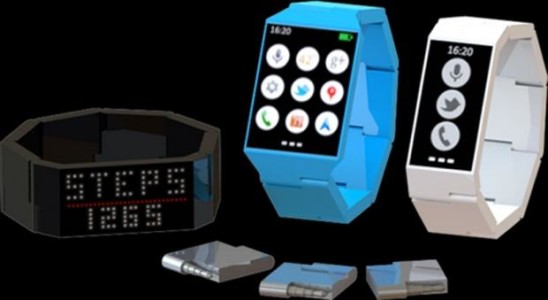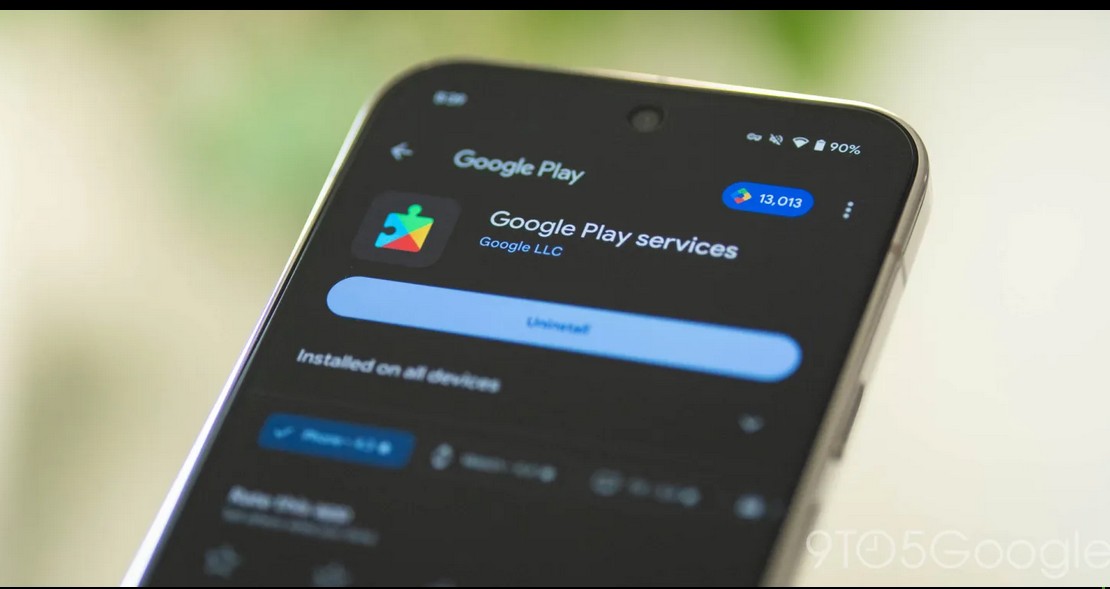UK Team Announces Blocks Project for Smartwatches running Android
3 min. read
Updated on

There is no mystery that Project Ara (itself inspired by Phonebloks) came with the promise of great things for a brighter future with modular smartphones that can easily be upgraded as you go, but such a workable modular will only appear next year in the best case, although Google has announced a developer conference for the concept this April. An UK team has taken from here the idea of modular technology, but this time for a new “Blocks” Project in order to extended to other smartwatches running Android as well.
Fully Customisable Wearable Experience
This modular smartwatch that we are talking about is known as Blocks and it is supposed to offer a fully customisable wearable experience to its users, allowing them to choose which sensors and features want on their wrist and what not.

The Blocks concept is all about suiting particular needs and buying individual blocks such as a GPS tracker or a heart rate monitor and any other activity-, heart-, or notifications- focused element, not to mention the OS. Although the team has yet to make its final decision, they have reportedly ran tests using Android and what other better decision could they take?
Blocks Project – Availability and Risks
Although we have only found out about this Blocks Project, it seems that the UK team has been working on it since November last year, but it’s still a long way until seeing this device on the market. As our source confirms, we might be talking about a mid-2015 release for this Blocks Project and nothing sooner than that. The technical challenges of delivering a workable modular wearable are enormous, not to mention the costs of such a project, but if the UK team has decided to go public, it is obviously that Blocks Project for smartwatches running Android is as serious as it can be.
Moreover, we can only say that we like the concept of an adaptive type of device, whether it’s a basic fitness band or a fully featured smartwatch, but the developers should also tae in consideration that an average potential buyer might not be tempted to choose such a model in case of not previously knowing what its specs and features are all about. So, the freedom of choice also means a higher degree of complexity that might not be suitable for everyone!









User forum
0 messages